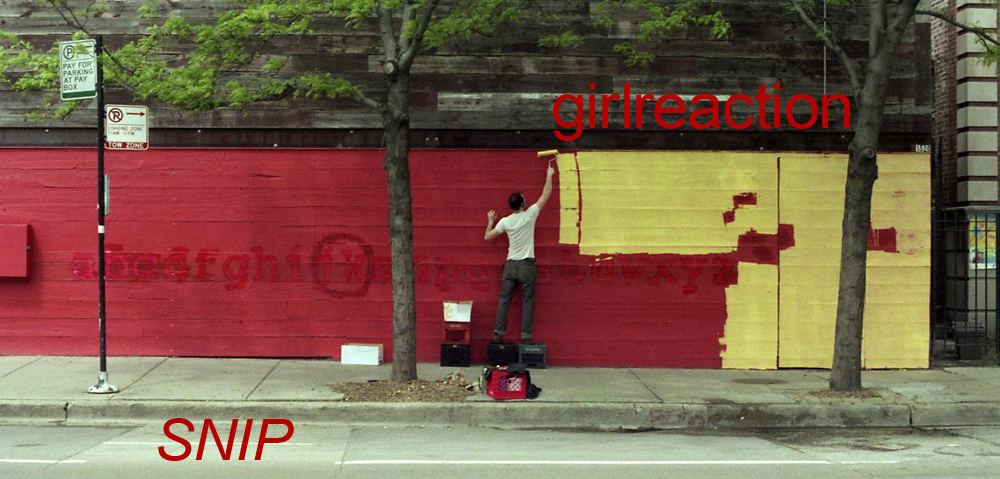Gift from Dad for christmas in 2007, finally found its way to the top of the list. Heh.
First book finished in 2015 and it’s a doozy–I started it back in November and while admittedly I don’t have designated reading time these days (I’m not on public transit for school), it took me longer than it could have. It’s got numerous, very disparate sections as the characters keep (unbeknownst to themselves) reincarnating and regrouping in different places and times. There were some sections I just looooved (Nsara) and others I had a hard(er) time maintaining focus/interest in.
But throughout he’s not just telling you a story or having characters interact–this is a novel (and novelist) of big, huge, ginormous ideas and just as the characters in this book struggle with them through all different times and places, they are the questions that really inform our entire existence. So exhausting to think about at times! The ideas of how we move through our own histories, and how we arrange our belief systems, and how we choose to negotiate with others… truly fascinating, sometimes disturbing, never boring.
Having JUST finished an entire year of Project Life (scrapbooking, basically), I couldn’t stop grinning at this quote: “What’s hardest to catch is daily life. This is what I think rarely gets written down, or even remembered by those who did it–what you did on the days when you did ordinary things, how it felt doing it, the small variations time and again, until years passed.”
And questions like this one are what keep me up at night, usually worrying for my students’ futures in this messed up world of ours: What causes well-fed and secure people to work for the subjugation and immiseraton of starving insecure people? How many people can the Earth support? Why is there evil? How can we make a decent existence? How can we give to our children and the generations following a world restored to health?”
Because when it comes right down to what’s really important: how can we be decent humans in THIS life…and possibly our next?
